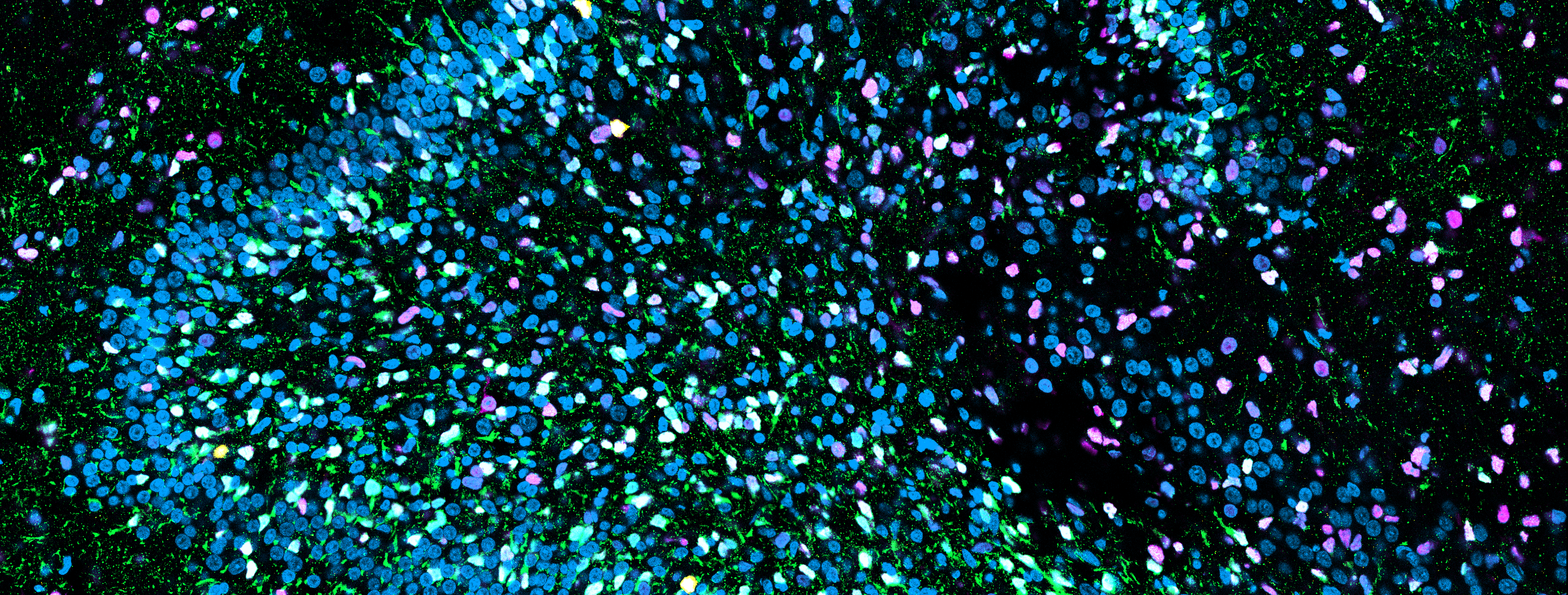Speaker
Description
"Duchenne muscular dystrophy (DMD) is an X-linked progressive neuromuscular disorder caused by mutations in the DMD gene, resulting in the absence of dystrophin protein. In healthy muscle, only the full-length dystrophin isoform Dp427m is expressed, while the brain expresses the full-length isoforms Dp427c and Dp427p, and the shorter isoforms Dp140 and Dp71/40. Depending on the position of the mutation within the DMD gene, one or multiple dystrophin isoforms are lacking in the brain, which is associated with cognitive and behavioral problems. However, knowledge on the role of the dystrophin isoforms in brain cell development and the consequences of their absence is limited.
To improve our understanding, we utilized the CRISPR/Cas9 genome editing technology to generate isogenic human iPSC lines lacking one or multiple dystrophin isoforms from two healthy male control hiPSC lines. The expression of single isoforms (either Dp427c, Dp427p, Dp140 or Dp71) was abolished by targeting their unique promoter. The expression of multiple isoforms was abolished by the deletion of specific exons. Exon 11, 52 or 66 was deleted to respectively disrupt expression of either Dp427, Dp427+Dp140 or all isoforms. After gene editing, clones were picked and expanded, and mutated clones were selected by Sanger sequencing. The quality of the hiPSCs and neuronal progenitor cells (NPCs) is currently being assessed by a panel of standard quality control assays for morphological appearance, expression of pluripotency markers, differentiation potential, and microbiological contamination. NPCs will be used to generate control and DMD 2D neuronal cultures.
These isogenic DMD hiPSC cultures will be a valuable resource for the characterization of the role of dystrophin isoforms in brain cell development by studying the morphological, molecular and functional consequences of their absence."
| Author(s) | Kayleigh Putker*, Stephanie Greenthaner, Barry Pepers, Willeke van Roon-Mom, Maaike van Putten |
|---|---|
| Affiliation(s) | Department of Human Genetics, Leiden University Medical Center, Leiden, The Netherlands |

